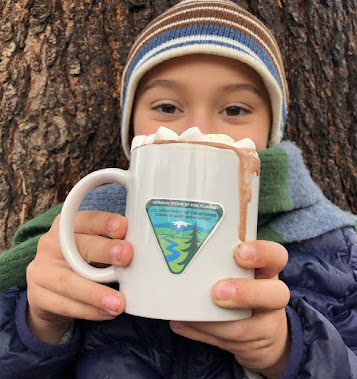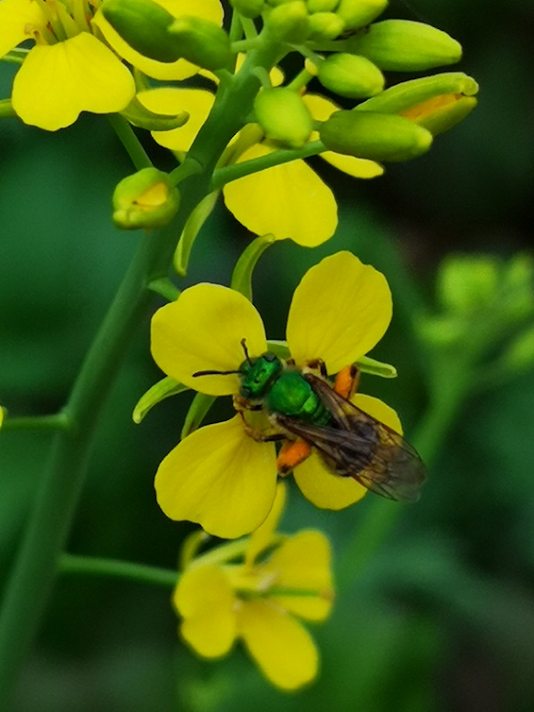Keep our Air Clean this Winter!
What's up, Forsyth??
Brrr...it's finally starting to feel like winter! It's the time of year for drinking hot cocoa, cozying up on the couch with a good book, and warming up the car in the morning before driving off to work...well, hopefully not the last one!
"Hot chocolate on a cold day!" by blmcalifornia is marked with Public Domain Mark 1.0.
While ground-level ozone isn't typically much of a concern during colder months in North Carolina, we still face other air quality challenges. In fact, fine particulate matter (PM2.5) is usually higher, partly because cold weather can trap pollution at the surface through temperature inversions. Shorter daylight hours in the winter also allows for longer durations of nocturnal temperatures inversions on clear nights with light winds. If there is snow on the ground, this phenomenon may be amplified!
Additionally, air is typically drier in the winter because cold air holds less moisture. With less rainfall to wash away pollution and break up temperature inversions, the lack of moisture can increase pollution levels. To learn more on the effects of winter weather on air quality, check out the North Carolina Division of Air Quality's blog.
In addition to seasonal weather patterns, personal choices also can play a crucial role in our winter air quality. Below are a few examples of how our cold-weather habits influence our air quality:
1) As previously alluded to, people idle their cars more when it's cold out since there's a misconception that you need to "warm up" your vehicle. For modern vehicles, most manufacturers recommend warming up the car for roughly 30 seconds and then driving off. Like people, the best way for cars to get warm is to move, not to sit still! Cold weather also naturally decreases your vehicle's efficiency. The US Department of Energy explains why our gas mileage is worse when it's cold out and provides tips to improve fuel economy.






Comments
Post a Comment